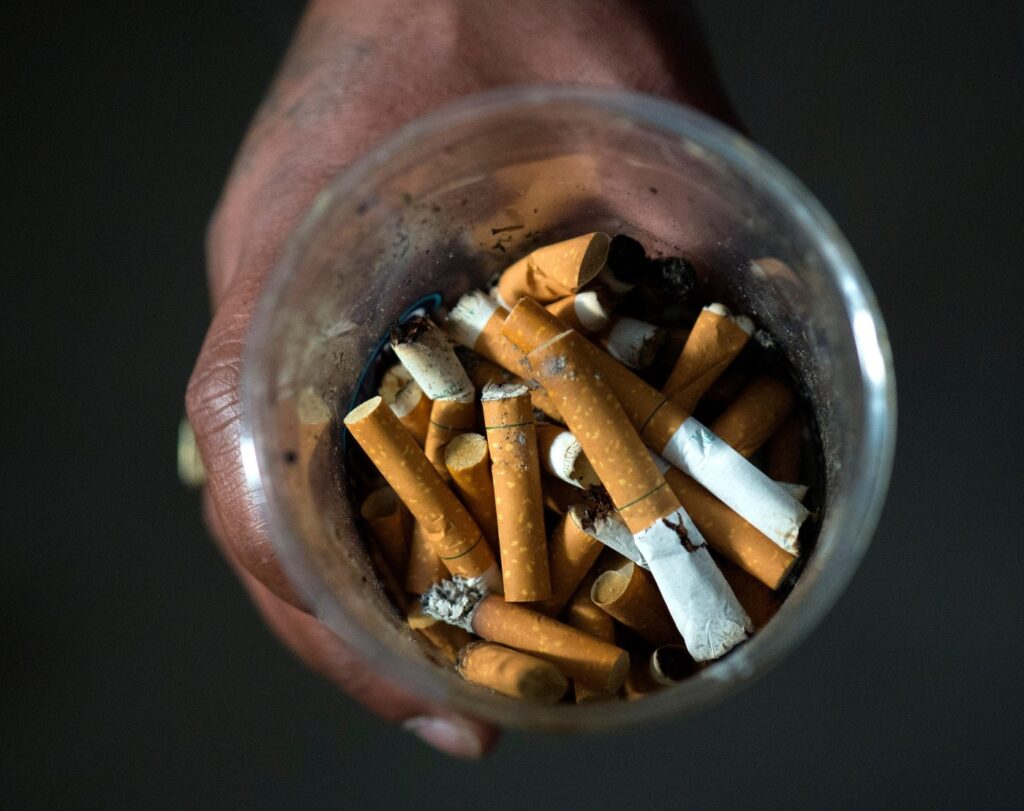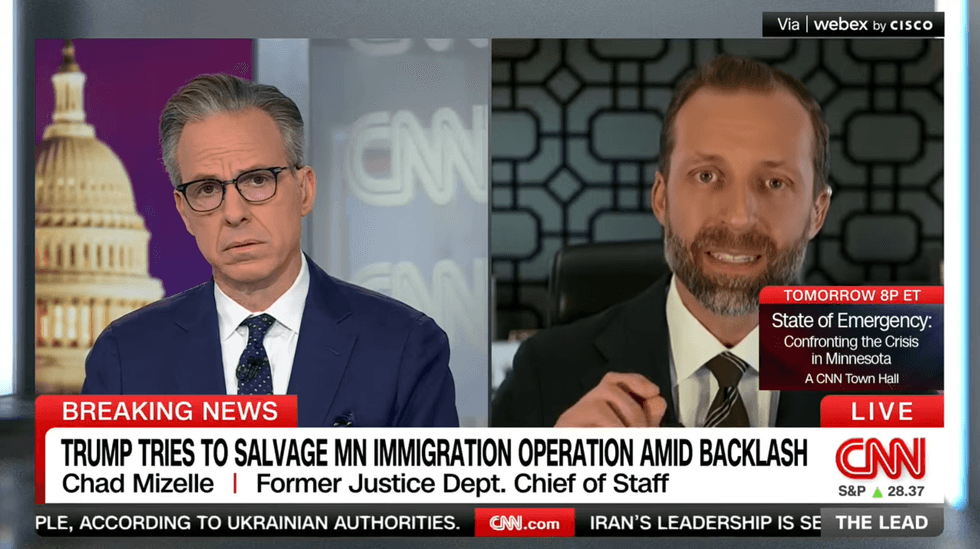
Virginia faces a critical moment as discussions intensify regarding the future of tobacco control funding. Medical professionals and health advocates, including retired pediatrician Ward Blalock, M.D., emphasize the need for continued support for programs aimed at combating tobacco addiction, particularly among youth. The proposed reorganization of the U.S. Department of Health and Human Services could significantly impact funding for the Centers for Disease Control and Prevention (CDC) and its Office on Smoking and Health (OSH), which play a vital role in reducing tobacco use across the nation.
The alarming rise of new tobacco products, particularly e-cigarettes, is a pressing concern for public health. These products are increasingly marketed toward young people, posing a serious threat to their health and well-being. With Virginia’s taxpayers shouldering over $3.61 billion in direct health care costs related to tobacco use, the potential loss of funding for the state’s tobacco control initiatives could have devastating consequences.
Funding for Virginia’s Tobacco Control Program (TCP) relies entirely on a federal OSH grant of $1.8 million. This program has been essential in providing resources for smoking cessation, particularly through the state Quitline, Quit Now Virginia. This initiative has been operating since 2005, offering free, confidential, and evidence-based support to individuals seeking to quit smoking.
The economic benefits of maintaining such programs are significant. For every $1 invested in the Quitline, there is an estimated saving of $3.16 on medical expenses, lost productivity, and other costs associated with tobacco use. With nearly 7 out of 10 tobacco users in Virginia wanting to quit, accessible cessation resources are crucial.
Recent statistics highlight the urgency of the situation. Approximately 45% of Quitline users are either Medicaid recipients or uninsured, while 53% have at least one chronic health condition. These figures underscore the necessity of continued funding, especially as the state grapples with rising rates of youth nicotine addiction.
Despite assertions that vaping among youth is no longer a significant issue, health professionals assert that the problem persists. With devices becoming increasingly discreet and potent, many young people remain vulnerable to addiction. Pediatricians, school counselors, and other health advocates report that the issue has not vanished; it has simply shifted out of sight.
The potential dismantling of the OSH and its associated programs would hinder efforts to protect Virginia’s youth from the dangers of tobacco addiction. As lawmakers deliberate on funding priorities, the consequences of their decisions will resonate deeply within communities statewide and beyond.
Blalock urges Virginia’s federal lawmakers to prioritize the continuation and funding of the CDC’s Office on Smoking and Health. The health of Virginians and the effectiveness of tobacco control initiatives hang in the balance. By making informed decisions now, lawmakers can help ensure a healthier future for all citizens, particularly the youth who are increasingly at risk of nicotine dependence.







